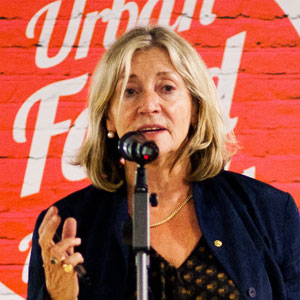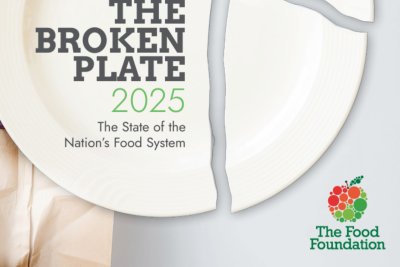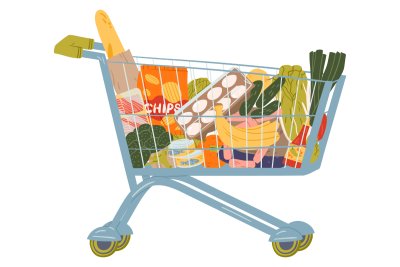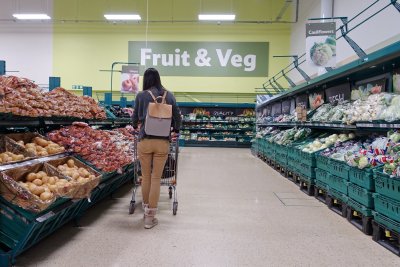 Baroness Rosie Boycott. Photo credit: Sustain
Baroness Rosie Boycott. Photo credit: Sustain
New select committee to link public health, inequality and sustainable food
The House of Lords has set up The Committee on Food, Poverty, Health and the Environment and is asking for evidence ahead of the start of its inquiry.
The Committee on Food, Poverty, Health and the Environment was appointed by the House of Lords on 13 June 2019 to "consider the links between inequality, public health and food sustainability." The committee is chaired by Lord John Krebs and its members include Sustain patron Baroness Rosie Boycott.
On 24 July 2019 they published a call for evidence. A central question for the inquiry is how to make a healthy, sustainable diet accessible and affordable for everyone.
The questions in the call for evidence include:
- What are the key causes of food insecurity in the UK?
- What are some of the key ways in which diet (including food insecurity) impacts on public health?
- How accessible is healthy food What factors or barriers affect people’s ability to consume a healthy diet? Do these factors affect populations living in rural and urban areas differently?
- What role can local authorities play in promoting healthy eating in their local populations, especially among children and young people, and those on lower incomes?
- What can be learnt from food banks and other charitable responses to hunger? What role should they play?
- What impact do food production processes (including product formulation, portion size, packaging and labelling) have on consumers dietary choices and does this differ across income groups?
- What impact do food outlets (including supermarkets, delivery services, or fast food outlets) have on the average UK diet? How important are factors such as advertising, packaging, or product placement in influencing consumer choice, particularly for those in lower income groups?
- Do you have any comment to make on how the food industry might be encouraged to do more to support or promote healthy and sustainable diets? Is Government regulation an effective driver of change in this respect?
- To what extent is it possible for the UK to be self-sufficient in producing healthy, affordable food that supports good population health, in a way that is also environmentally sustainable?
- Can efforts to improve food production sustainability simultaneously offer solutions to improving food insecurity and dietary health in the UK?
- How effective are any current measures operated or assisted by Government, local authorities, or others to minimise food waste? What further action is required to minimise food waste?
- A Public Health England report has concluded that “considerable and largely unprecedented” dietary shifts are required to meet Government guidance on healthy diets.2 What policy approaches (for example, fiscal or regulatory measures, voluntary guidelines, or attempts to change individual or population behaviour through information and education) would most effectively enable this? What role could public procurement play in improving dietary behaviours?
- Has sufficient research been conducted to provide a robust analysis of the links between poverty, food insecurity, health inequalities and the sustainability of food production? How well is existing research on the impact of existing food policy used to inform decision making?
- What can the UK learn from food policy in other countries? Are there examples of strategies which have improved access and affordability of healthy, sustainable food across income groups?
- Are there any additional changes at a national policy level that would help to ensure efforts to improve food insecurity and poor diet, and its impact on public health and the environment, are effectively coordinated, implemented and monitored?
The deadline for written submissions is Thursday 12 September 2019. The Committee will report by 31 March 2020.
Better Food Britain: We want everyone to be able to enjoy food that is good for our health, produced in a way that supports good livelihoods, reduced waste and greenhouse gas emissions, high animal welfare and restoration of nature. Find out how.
Sustain
The Green House
244-254 Cambridge Heath Road
London E2 9DA
020 3559 6777
sustain@sustainweb.org
Sustain advocates food and agriculture policies and practices that enhance the health and welfare of people and animals, improve the working and living environment, promote equity and enrich society and culture.
© Sustain 2025
Registered charity (no. 1018643)
Data privacy & cookies
Icons by Icons8







